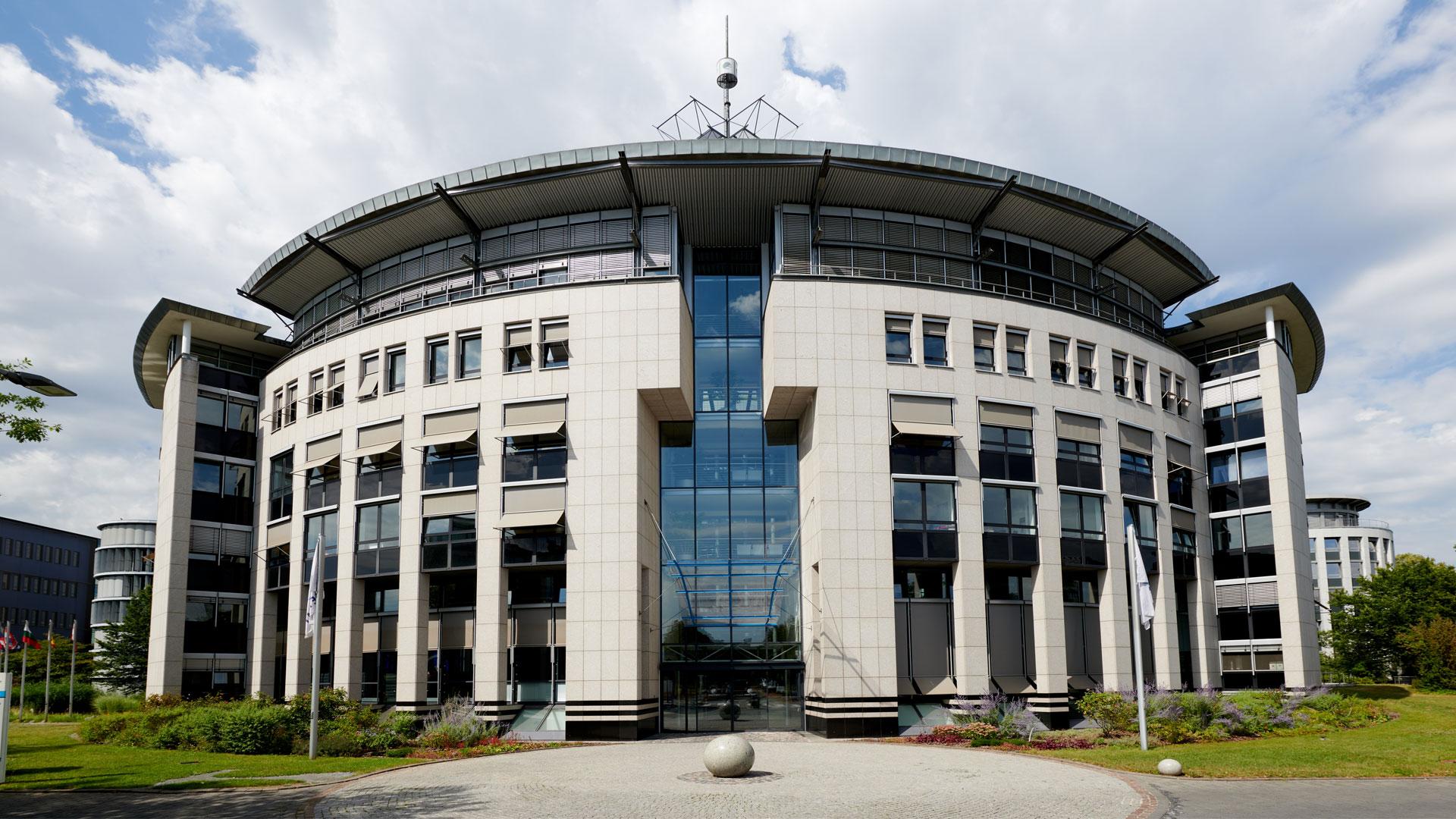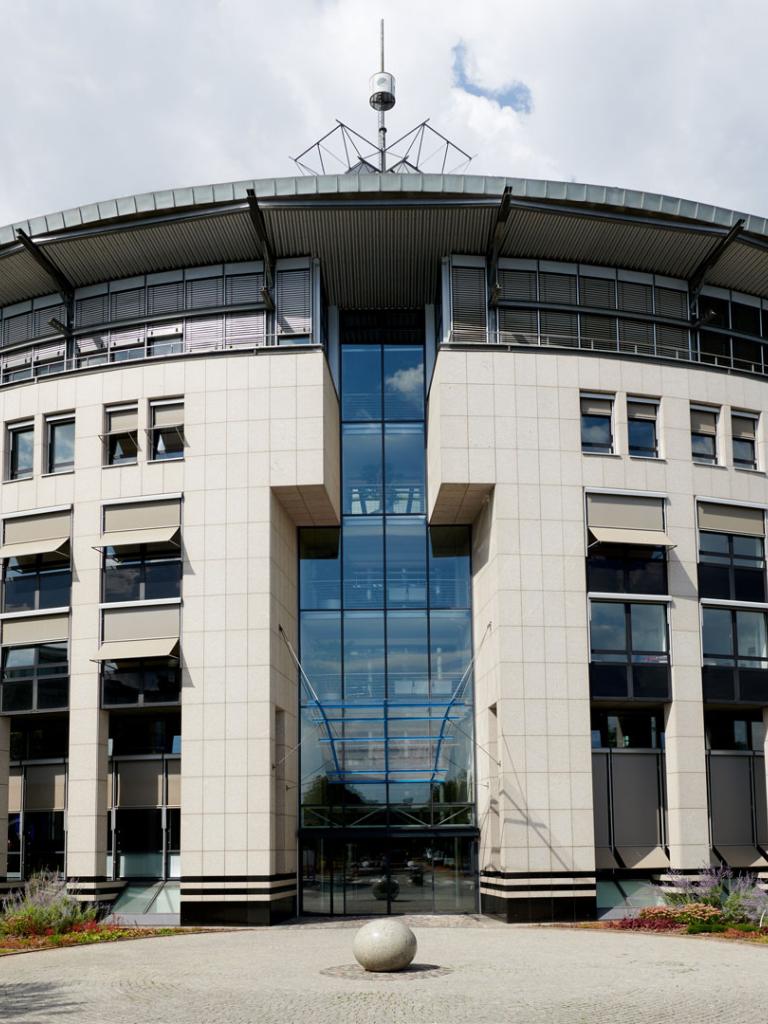
Europe honours US Earth scientist
Europe honours US Earth science champion by bestowing his name on satellite


The first spacecraft in the next-generation of a joint US-European satellite mission monitoring global sea level rise will be named after retired NASA scientist Mike Freilich, in honour of his decades-long championing of Earth science.
05 November 2024
28 January 2020

The European partners of the Copernicus Sentinel-6 high-precision altimetry mission – the European Commission, the European Space Agency and EUMETSAT – proposed the rare honour, which became official at a renaming ceremony in Washington today.
The spacecraft, the Sentinel-6 “Michael Freilich”, to be launched from Vandenberg Air Force Base, California, in November, was formerly known Jason-Continuity of Service A (Jason-CS A).
“We all wished to communicate the value and resilience of our transatlantic cooperation and pay tribute to the unique personality of Mike Freilich,” EUMETSAT Director-General Alain Ratier, who has known Freilich since they were both working as ocean scientists in 1985, said.
“Mike’s commitment to Earth system science with no borders and to cooperation is unrivalled.
We in Europe are delighted to honour a true American who is also a citizen of the world.”

The collaborative Copernicus Sentinel-6 mission will extend the unique climate record initiated in 1992 by the TOPEX/Poseidon mission (1992-2006) and continued by Jason (2001-2013), Jason-2 (2008-2019) and Jason-3, launched in 2016.
NASA and the US National Oceanic and Atmospheric Administration (NOAA) are partners in the mission with the European agencies.
NOAA Satellite and Information Service Assistant Administrator Stephen Volz said his NOAA colleagues enthusiastically supported renaming Sentinel 6A/Jason-CS A after Freilich.
"This is a fitting honour for a man who helped transform space-based Earth observation, and has brought together the best contributions from our global Earth science community to improve our collective understanding of how our planet is changing," Volz said.
Freilich retired as director of the Earth Science Division in the Science Mission Directorate at NASA Headquarters in February 2019.
He led NASA’s response to the National Academy of Sciences’ first Earth Science and Applications from Space decadal survey, expanding the agency’s innovative Earth observation programmes, and oversaw 16 successful major mission and instrument launches and eight cube sat/small-satellite launches.
